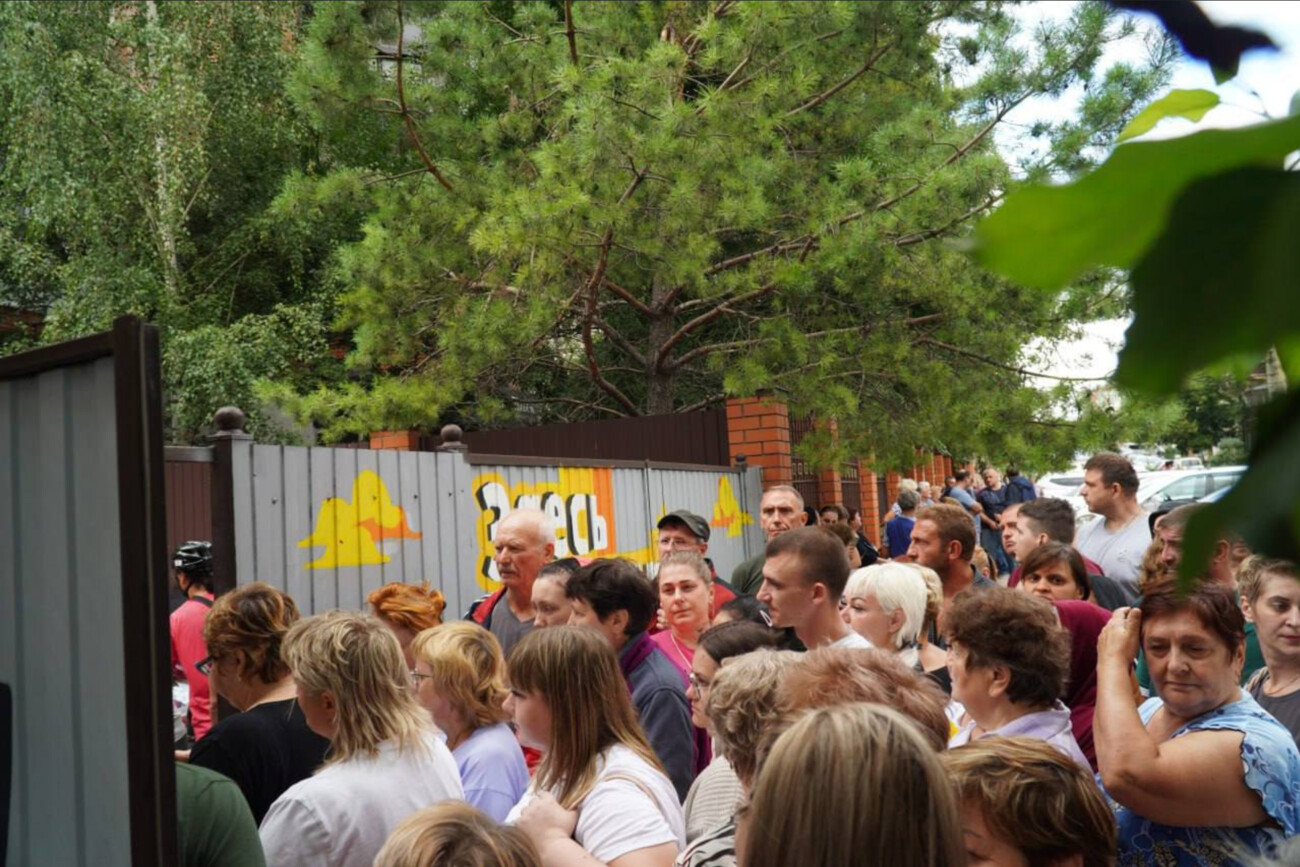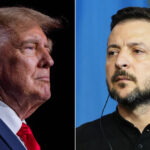The population of Kursk, which is subject to evacuation due to the advance of the Ukrainian Armed Forces, has found itself in a very difficult situation: these people are planned to be transported to temporarily occupied territories in the Zaporizhzhia region, where shelling is constant, explosions are heard, and the front line is near. The evacuees themselves are understandably not happy about this prospect, preferring to be moved further away from dangerous areas.
So, what is the reason that Russia does not want to allow them to pass further into its own territory?
There are three reasons. Russia is trying to:
- hide the scale of what is happening in the Kursk region;
- prevent the spread of dissatisfaction with the actions of the government and the state’s policies;
- maintain the image of “killers and brutal creatures” that propaganda has carefully crafted for many years.
“A little bit pregnant”
The enemy does not want to evacuate the residents of the Kursk region to hide the scale of what is happening there. It is known that the news still does not reveal the seriousness of the advance taking place. The issue is given as little attention as possible, making it appear that everything is under control.
The situation is referred to as a “local state of emergency” to avoid admitting that there is a war being fought on Russian territory. Naturally, Russians will not like such a revelation, as the risks of military actions from a neighboring state spilling over into their own are illusory, while those from a neighboring region of their own country are quite real.
That is why it is better to hide the evacuees in the Zaporizhzhia region, where they already know what to expect.
The Second Army in the World
Another reason is that the residents of the Kursk region do not talk about how the “second army of the world” operates. For example, information about the escape of “Akhmat” units, which are heroized and idealized in the news, would significantly discredit the Russian army in the eyes of the population. This would also impact mobilization and undermine the overall faith in their own armed forces.
The authorities also realize how strong the dissatisfaction is with the war and the fact that people have to flee from their homes, urgently leave their native settlements. This discontent will spread from the evacuated individuals. Those Russians who have not felt the results of their leadership’s “brilliant geopolitics” on their own skin are not interested in politics. However, when faced with its consequences, dissatisfaction with Putin’s policies grows very quickly and permanently.
“Nazis and Bandera supporters”
The authorities also fear that displaced persons will tell the truth about Ukrainian military personnel who speak Russian, treat civilians normally, and are not like the image of insane savages who only dream of killing Russians. When in personal contact, “Nazis and Bandera supporters” turn out to be no worse than their own army, and considering the contingent recruited from Russian prisons into the “second army of the world,” Ukrainian soldiers often surpass the Russians in terms of development and behavior. Such “truth” about Russia is disadvantageous because it completely destroys the myth of “killers” who need to be eradicated.
Russia also seeks to avoid massive displacement of evacuees to its regions, which already have problems accommodating internally displaced persons. This is done to prevent a humanitarian crisis and maintain the illusion of control over the situation.
The Kremlin’s main task now is to ensure control over the flow of information so that the residents of Moscow and other big cities do not encounter refugees and do not begin to contemplate the consequences of the war started by Putin against Ukraine for ordinary Russians.


